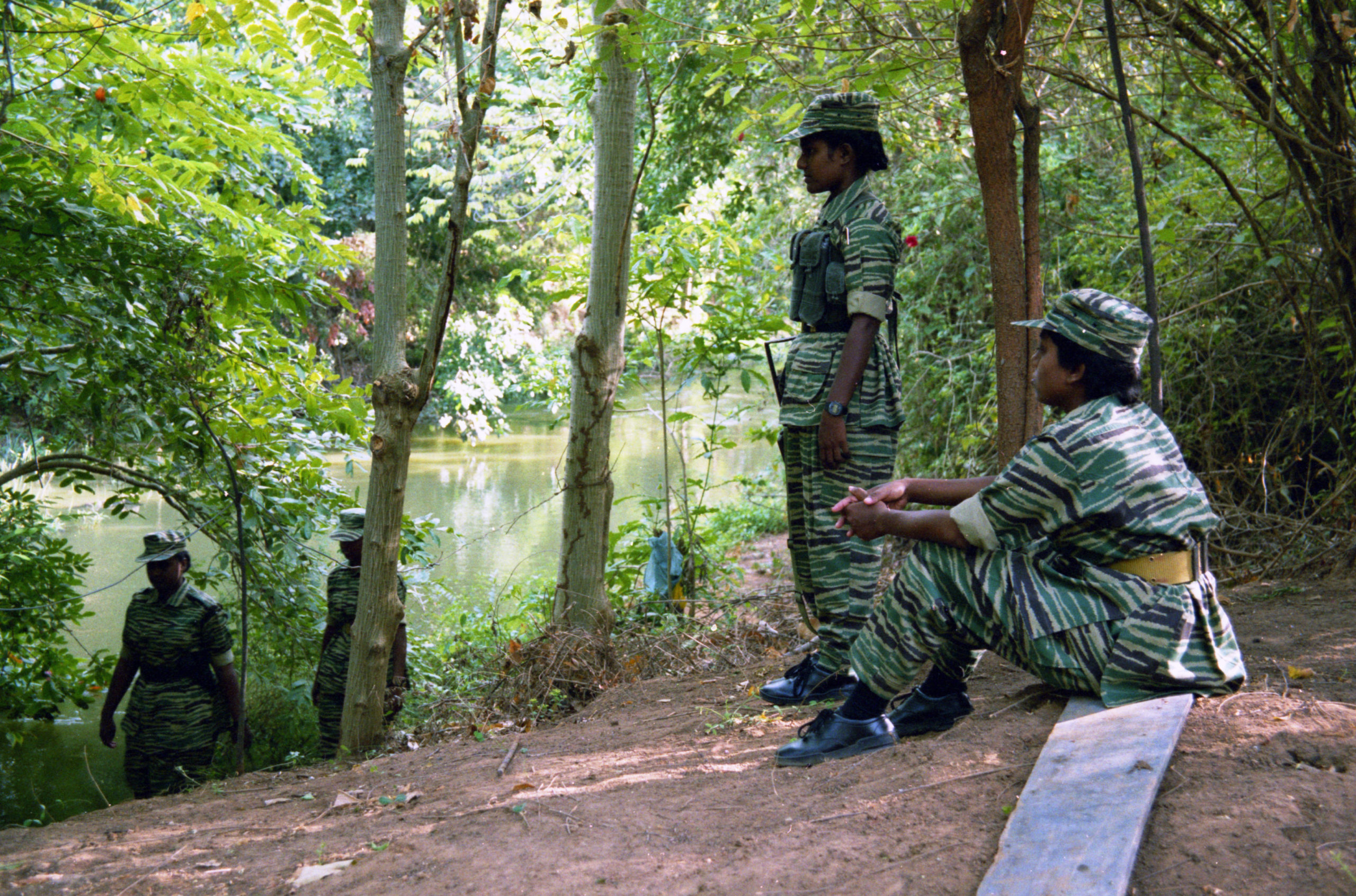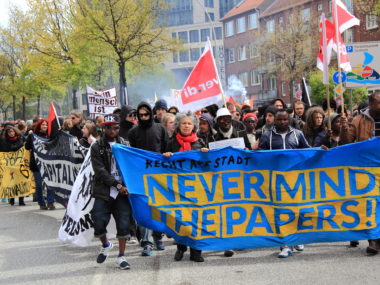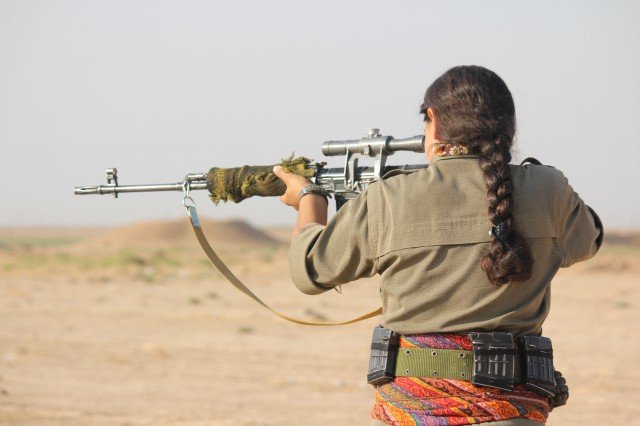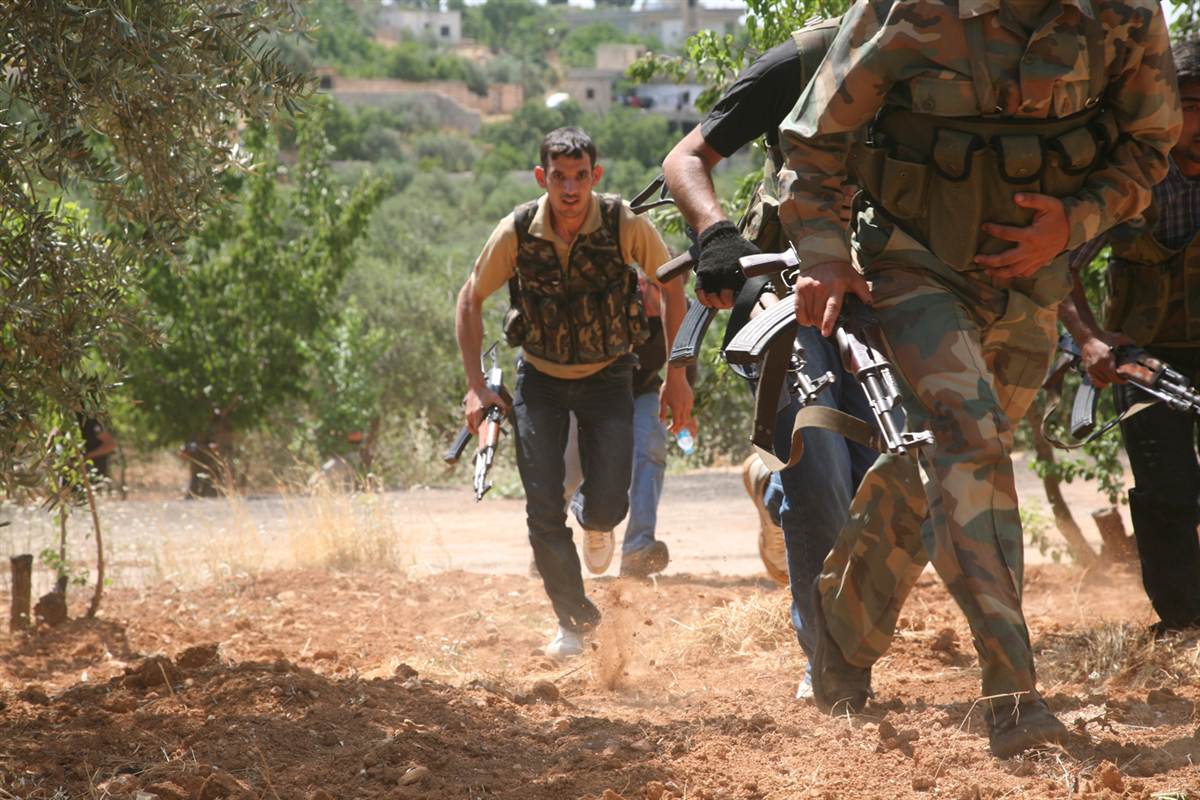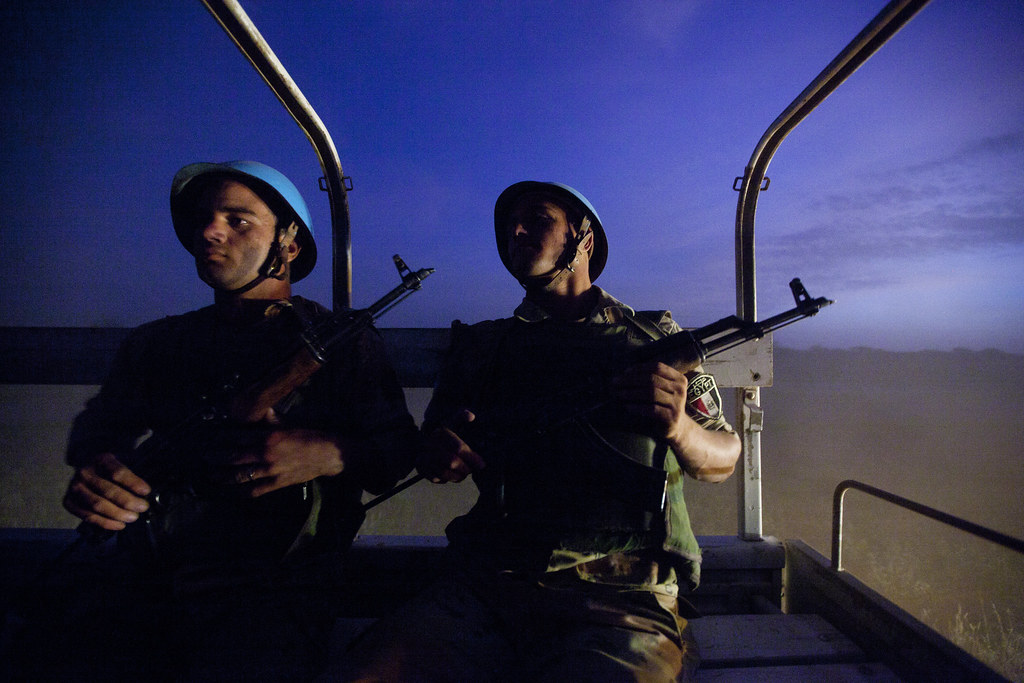Guest post by Page Fortna
For scholars and policymakers who work on terrorism, the notion that terrorism is a weapon of the weak is such strong conventional wisdom that it is practically a cliché. But a systematic look at whether weaker groups are more likely to use terrorism than stronger ones debunks this idea. In a recent study examining all rebel organizations from 1970–2013, and measuring their strength in lots of different ways, I found virtually no evidence that weaker groups are more likely than stronger ones to use terrorism.
Rebel groups in civil wars provide a good testing ground for arguments about terrorism because all such groups have a strong grievance against the state, all are organized and capable of using violence, but not all of them choose to employ terrorism. In this study, I focused on a particular type of terrorism: deliberately indiscriminate attacks against civilians, such as bombing a bus or a public market. The “weapon of the weak” argument should be most true for this type of attack, because it is harder to carry out discriminate attacks like assassinations, not to mention attacks on military targets. If we don’t see evidence that this type of attack is a weapon of the weak, it is even less likely to be so for other forms of terrorism.
Weakness is sometimes simply baked into the definition of terrorism, for example in attempts to distinguish “terrorism” from “insurgency” or “terrorists” from “guerillas.” But groups that wage full-on insurgencies sometimes use terrorism—think attacks on civilians by groups like ISIS at the peak of their strength. If weakness is baked into the definition of terrorism, then to say that terrorism is a weapon of the weak is tautology.
Some also invoke the “weapon of the weak” mantra to justify terrorism. As Peter Ustinov quipped: “Terrorism is the war of the poor, war is the terrorism of the rich.” Sayeed Siyam of Hamas justified terrorism by saying, “we do not own Apache helicopters ourselves, so we use our own methods.” But while this argument may help terrorists justify their actions to themselves and others, almost no rebel or opposition groups, rich or poor, own Apache helicopters either, yet most of them do not use terrorism. The only rebel organization in recent decades that had access to air and naval forces, the Liberation Tigers of Tamil Eelam (LTTE) in Sri Lanka, was notorious for its use of terrorist tactics.
If it’s not a tautology or a justification, what does it mean to say that terrorism is a weapon of the weak? What people mean by “weakness” and “strength” varies a lot in the study of terrorism. For some, these terms refer to the overall strength of the group relative to its enemy (in the case of rebel organizations, that means the government), or its relative fighting capacity more specifically, or simply to the strength of the state. For some, what matters is how much popular support the group enjoys, for others, whether the group controls territory or has the advantage of fighting on rough terrain like mountains or forests. Some suggest that groups use terrorism when they are just starting out, before they grow and “graduate” to other forms of insurgency. Others say terrorism is an act of desperation, used when a group is about to lose, or only late in a conflict after other methods have failed.
In my study, I used a wide range of measures to capture these different aspects of “strength” to see if they predict the use of deliberately indiscriminate terrorism, as the conventional wisdom suggests. I used a variety of measures to credit specific attacks to a particular group—attribution is not at all straightforward—and examined both the number of attacks and the number of fatalities resulting from them.
For no notion of weakness is there a consistent and statistically significant relationship with terrorism. For some measures, there are a few glimmers of support for the conventional wisdom. The very few rebel groups rated as strong as or even stronger than the governments they fight appear to be less likely to employ terrorism, but for groups to be this strong is extremely rare, and even here there are exceptions, like the Tehrik-i-Taliban Pakistan (TPP) in Pakistan, and al-Shabaab in Somalia. And very weak groups are no more likely to use terrorism than those that are merely weak. Among ethnic conflicts, groups with less popular support kill more people with terrorism, but are no more likely to turn to terrorism in the first place, nor responsible for more attacks.
For most measures, there is simply no consistent or significant relationship between weakness and use of terrorism. State capacity, relative fighting capacity, mobilization capacity (as a measure of popular support), territorial control, the age of the conflict—none of these are related to variation in the use of terrorism. And for some, weaker rebels—for example those without the advantage of rough terrain, or those on the verge of defeat—may be less rather than more likely to use terrorism—exactly the opposite of what the conventional argument would expect.
Given how deeply seated the notion that terrorism is a weapon of the weak is, these “null findings” are quite surprising. Knowledge of a group’s strength doesn’t help policymakers or scholars predict whether rebel groups will turn to terrorism, and fears that weakening groups make them more likely to lash out with terrorism are misplaced. We should stop saying that terrorism is a weapon of the weak, because the evidence says otherwise.
Page Fortna is the Harold Brown Professor of US Foreign and Security Policy in the Department of Political Science at Columbia University.

